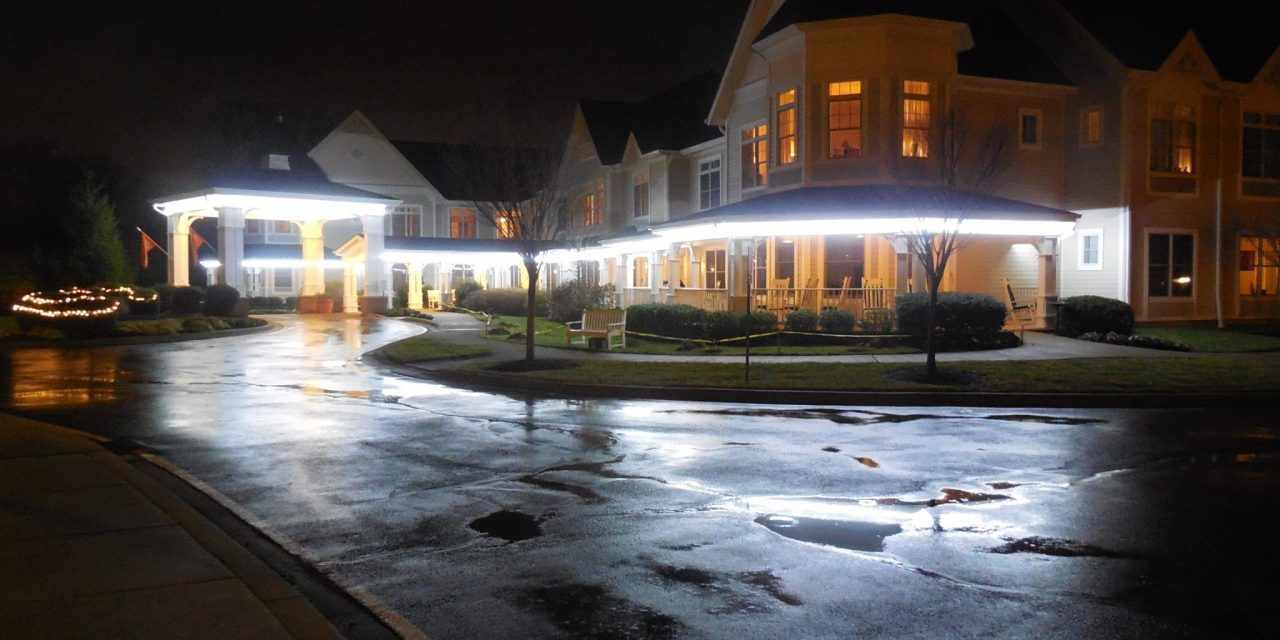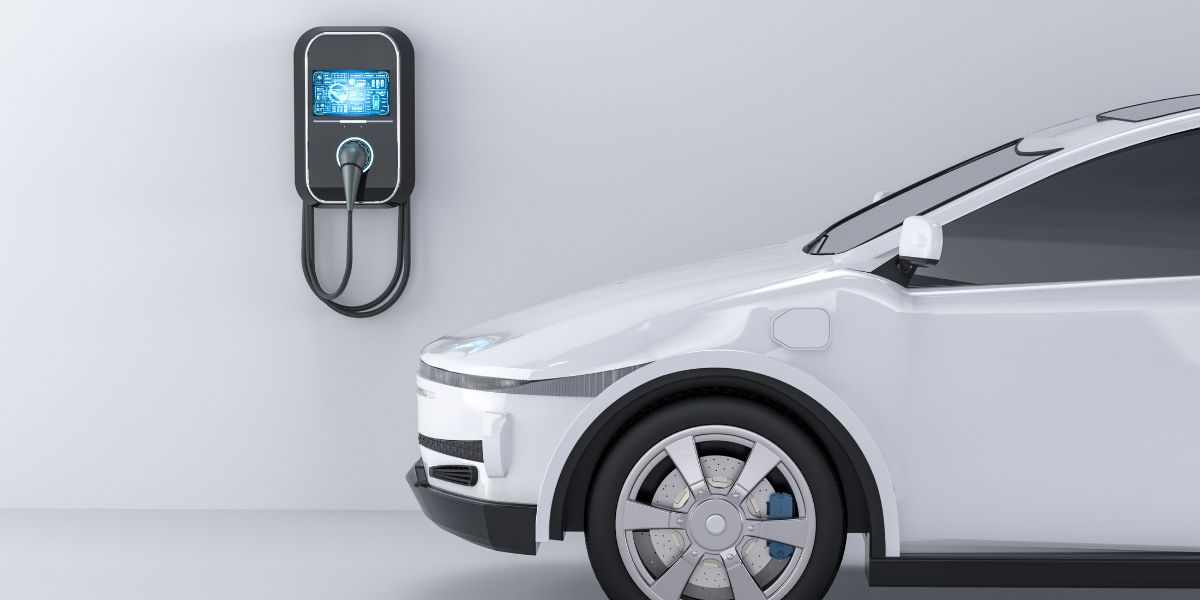As electric vehicles (EVs) become more popular, homeowners across the U.S.—including in Delaware—are choosing to install EV chargers at home for convenience and cost-efficiency. If you're considering an electric charger home installation, understanding the process can help you feel confident and prepared.
In this blog, we’ll walk you through what to expect when hiring a professional for electric charger installation at your residence.
Initial Consultation and Site Assessment
The first step in the process is a consultation with a licensed electrical contractor. They’ll typically visit your home to assess your electrical system, determine the best location for the charger, and ensure compatibility with your EV model.
What they'll check:
Electrical panel capacity
Proximity to your garage or driveway
Potential wiring and circuit upgrades
Best location for easy and safe access
This initial step is crucial to a smooth electric charger home installation process.
Choosing the Right Charger
Your electrician can help you decide between:
Level 1 chargers (standard 120V) – slower, but use a standard outlet
Level 2 chargers (240V) – faster and ideal for overnight charging
Most homeowners opt for Level 2 chargers for everyday use.
Permits and Compliance
Professional electricians handle any necessary permits and ensure the work complies with local codes and safety regulations. This step is especially important in places like Delaware, where building and electrical codes may vary by county.
Having the proper permits also protects your home insurance and resale value.
Installation Day
On installation day, expect the following:
Power may be temporarily shut off
Your panel may be upgraded (if needed)
The charger will be mounted and wired securely
The system will be tested for performance and safety
An average electric charger home installation takes between 3 to 6 hours, depending on the complexity.
Final Testing and Demonstration
Once the installation is complete, your contractor will:
Test the charger with your EV
Show you how to use and maintain it
Answer any final questions
You'll also receive documentation for warranties, permits, and compliance.
Ongoing Maintenance Tips
Although minimal, your EV charger will benefit from:
Occasional visual inspections
Cleaning dust and debris from vents or the unit exterior
Scheduling professional check-ups every few years
These simple habits help keep your electric charger home installation running efficiently for years.
Final Thoughts
A professional electric charger home installation ensures safety, efficiency, and peace of mind. By choosing a qualified electrical contractor, you avoid common pitfalls and future headaches. Whether you're in a new build or retrofitting your current home, a well-installed EV charger adds both value and convenience.




Write a comment ...